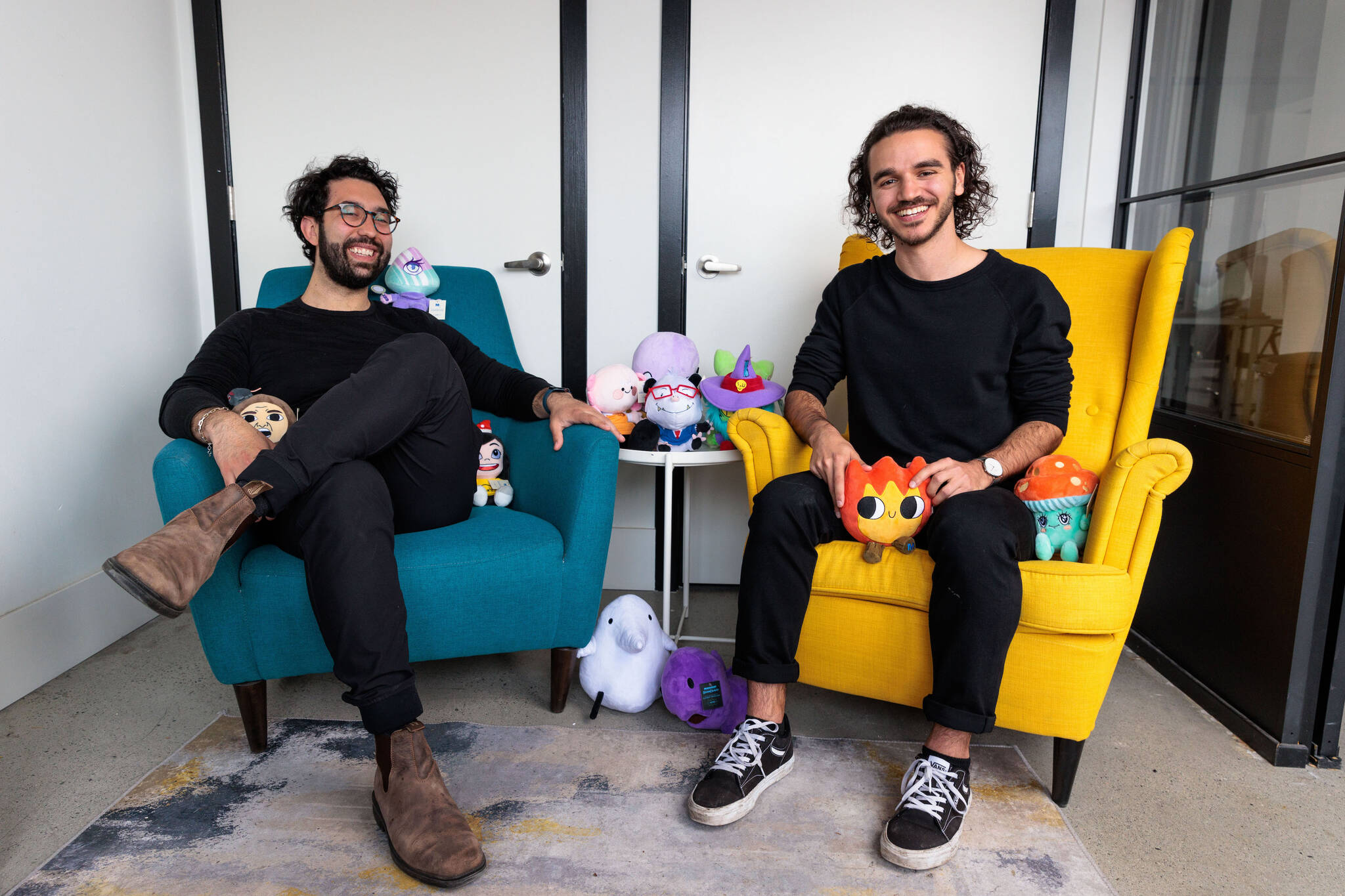What do Pokémon trading cards, Squishmallows, and Legos have in common? Aside from being widely popular with children, they are also highly sought after by adults.
This rapidly growing section of toy buyers, known as ‘kidult’ consumers, is overtaking the toy market. As a result, many brands are curating toys for an older audience.
The Vancouver-based toy company, Makeship, is one business seeing much success by catering to the ‘kidult’ demographic.
As an e-commerce platform, Makeship collaborates with influencers and online personalities to create plushies for their fan base. Once the campaign goes live online, fans have 21 days to pre-order the product in hopes of crowdfunding enough for the plushies to go into production.
So far, Makeship has worked with over 1,000 creators to develop plushies.
From stars of RuPaul’s Drag Race to popular gamers, Makeship works with individuals that often bring adult fan bases.
CEO and co-founder of Makeship Rakan Al-Shawaf told Black Press Media that while there has been a recent spike in adults enjoying products considered initially for children, it is not a new concept.
“Anime is becoming even more popular in the West, and it’s already been extremely popular. It’s mostly catered towards adults,” he said.
“To be involved in those imaginary worlds, and be a part of it, and be a part of the fandom for that as an adult is just so much more normalized now than before.”
Al-Shawaf is a Syrian-Canadian entrepreneur who started Makeship alongside Pablo Eder in 2018.
Before Makeship, Al-Shawaf co-founded a shipping logistics business while taking a university gap year in China. He says that what he learned through running his other company helped inspire Makeship.
“I saw that the supply chain and figuring out how to make products is really difficult for businesses to do. And one of our largest clients was a content creator, a YouTuber that inspired exploring something that can support creators to make products.”
After returning to Canada and finishing his degree at Queen’s University, Al-Shawaf put his new-found knowledge into building Makeship.
When asked if he has any advice for those hoping to start a successful business, Al-Shawaf said that “in order to think big, you have to think really small first. So, my advice for people who are starting a business is to find some sort of group of people that you can support and a group of people that you can provide value to that is really specific.”
Focusing on the incredibly specific ‘kidult’ plushie demographic has clearly paid off for Al-Shawaf.
Despite already reaching eight figures in revenue in under four years, Makeship is not slowing down any time soon but is just getting started.
“We want to be able to further develop our ability to work with the small, medium-sized creator and to do that, we need to make sure that make sure we are able to host a lot of types of creators.”
He hopes to expand Makeship’s products and introduce more campaigns, including ones for charity.

